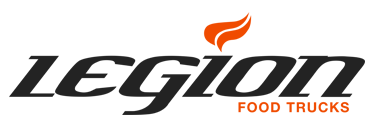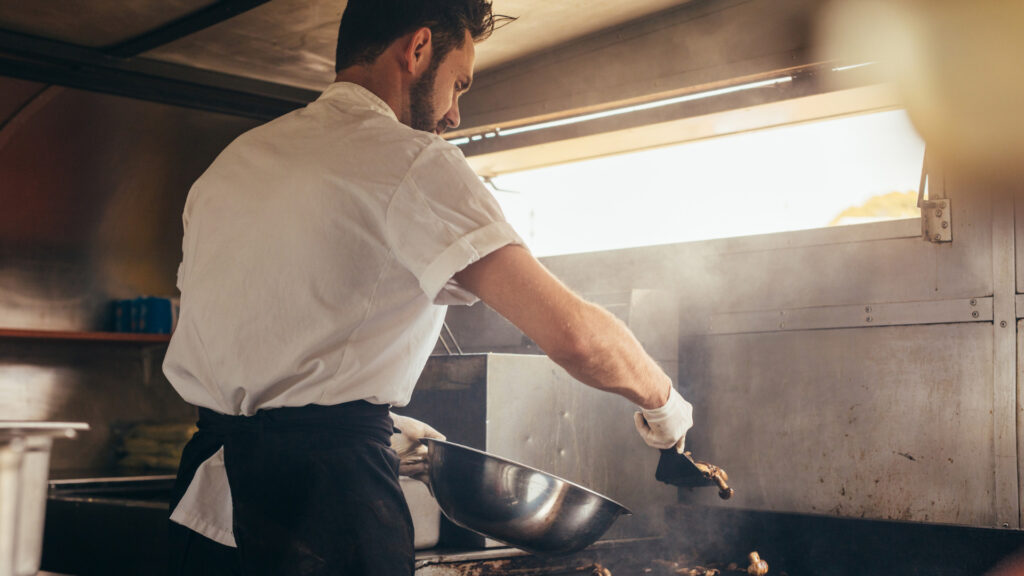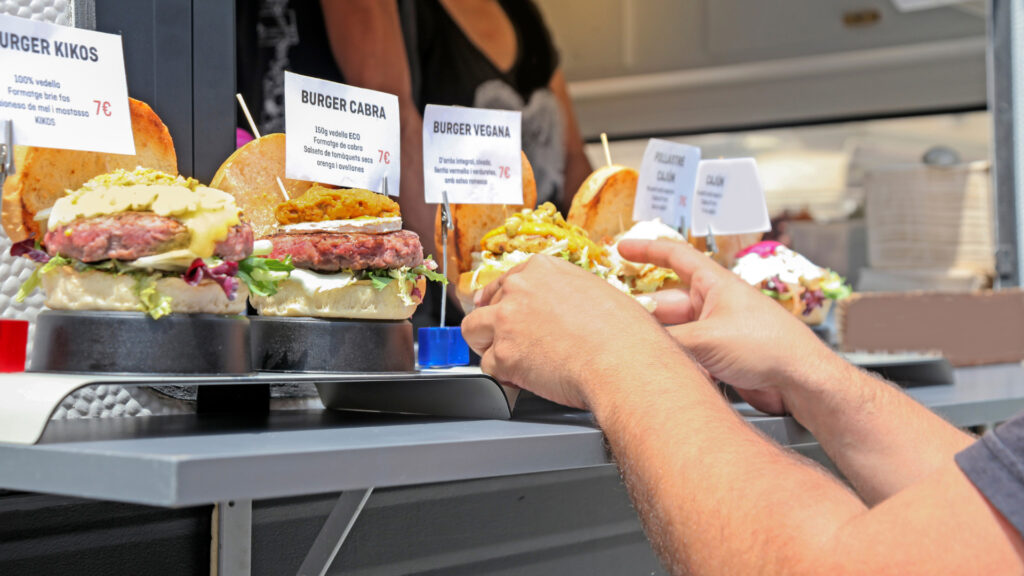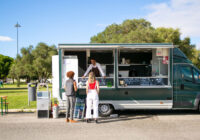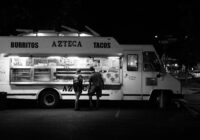Here’s a secret from our years of building food trucks: there’s no such thing as a one-size-fits-all perfect layout. But don’t click away just yet! While there might not be a universal “ideal” layout, there definitely is an ideal layout for your specific concept. Let’s walk through how to find yours.
Start with Your Menu, Not Your Equipment
You might be tempted to start by shopping for the latest kitchen gadgets, but trust us – your menu should drive your layout decisions. We’ve seen too many food truck owners realize too late that their beautiful new setup doesn’t actually work for their cooking flow.
Think about your signature dishes. Are you grilling burgers? Tossing wok-fired noodles? Assembling gourmet sandwiches? Each style of cuisine demands its own unique workflow, and your layout needs to support that dance.
The Sacred Triangle: Prep, Cook, Serve
Ever heard of the kitchen work triangle? It’s a concept from traditional kitchen design that’s even more crucial in the tight quarters of a food truck. You want to minimize the steps between:
- Your prep area (where you assemble ingredients)
- Your cooking station (where the magic happens)
- Your service window (where you make your customers happy)
The goal is to be able to pivot between these three points without doing the cha-cha around your fellow crew members.
Hot Side, Cold Side: The Great Divide
One principle we swear by at Legion Food Trucks is creating distinct zones for hot and cold prep. This isn’t just about food safety – it’s about workflow efficiency. Your cold prep area (think sandwich assembly, salad station) should be separate from your hot cooking zone (grills, fryers, ranges).
This separation serves multiple purposes:
- Keeps temperatures regulated where they need to be
- Prevents cross-contamination
- Allows multiple staff members to work without collision
- Makes health inspectors smile
Storage: The Hidden Challenge
Here’s something rookie food truck owners often overlook: storage isn’t just about having enough space – it’s about having the right kind of space in the right places. You need:
Primary Storage
- Refrigeration at prep stations
- Dry storage near cooking areas
- Easy-access containers for high-turnover items
Secondary Storage
- Backup ingredients
- Paper goods
- Cleaning supplies
Pro tip: Install shelving at different heights to maximize vertical space. Those walls aren’t just for hanging your business license!
The Power of Ergonomics
When you’re working in a space smaller than most home kitchens, every inch matters. We’ve learned that the most efficient layouts consider these ergonomic principles:
- Keep frequently used items between waist and shoulder height
- Position heavy equipment where it won’t require awkward lifting
- Allow enough elbow room at prep stations
- Ensure clear sightlines to the service window
Staff Flow
Your layout needs to work for more than just you. Think about how many people will typically work in the truck. We recommend doing a “dry run” with your planned layout:
- Mark equipment positions with tape
- Practice your typical service routine
- Move around as if you’re during peak service
- Try it with multiple people
You might feel silly, but it’s better to catch flow problems before the equipment is installed!
Equipment Selection Affects Layout
Choose equipment that pulls double duty whenever possible. For instance:
- A prep table with refrigeration underneath
- Stackable equipment when appropriate
- Equipment on wheels for flexible configurations
- Modular storage systems that can be reconfigured
The Service Window Strategy
Your service window isn’t just where you hand over the goods – it’s command central during service. The area around it should include:
- A final assembly station
- Your POS system
- Drink station (if applicable)
- Condiments and to-go supplies
- Space for completed orders
Special Considerations
Don’t forget about these often-overlooked elements:
- Hand washing station placement (health codes typically require this)
- Fire extinguisher accessibility
- First aid kit location
- Trash bin positioning
Future-Proofing Your Layout
While you want to design for your current menu, leave some flexibility for evolution. Maybe those fish tacos will be a hit and you’ll want to add a second fryer, or perhaps you’ll want to introduce a new specialty item down the road.
The Bottom Line
The perfect food truck layout is one that:
- Supports your specific menu and workflow
- Maximizes efficiency in minimal space
- Keeps your staff safe and comfortable
- Meets all health department requirements
- Allows room for growth
Remember, at Legion Food Trucks, we’ve seen successful layouts of all shapes and sizes. The key is understanding your specific needs and designing around them. Whether you’re starting from scratch or looking to optimize your current setup, we’re here to help you create a kitchen that works as hard as you do.
Want to explore layout options for your food truck concept? Reach out to us – we love helping fellow food entrepreneurs turn their vision into reality. After all, a well-designed kitchen is the foundation of any successful food truck business.

